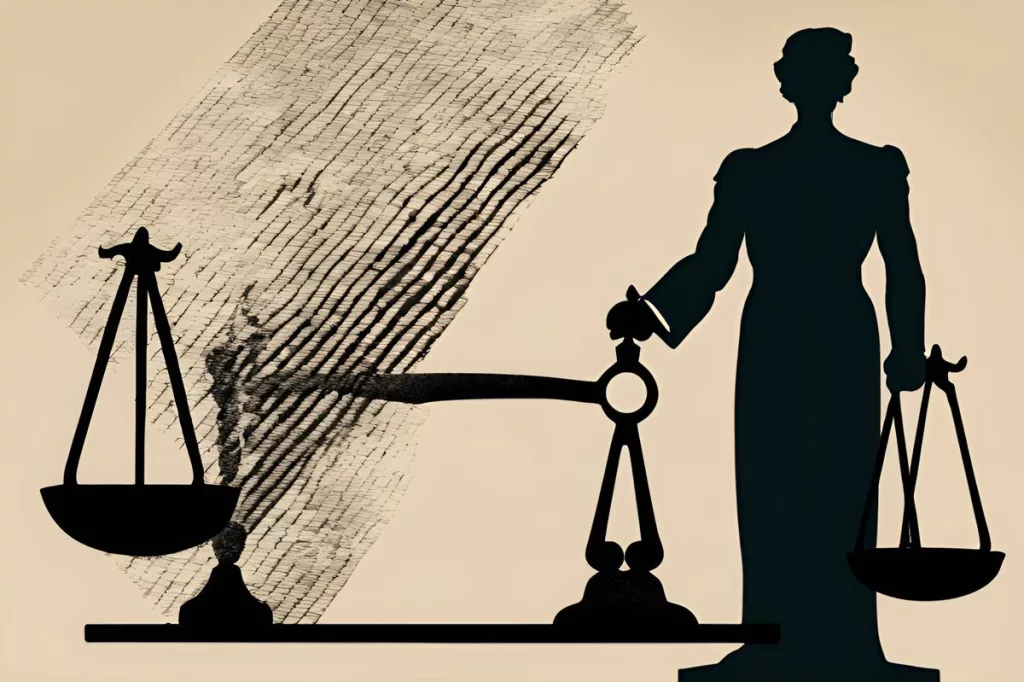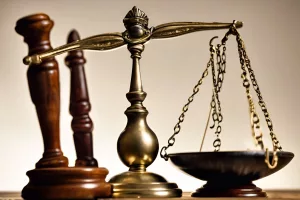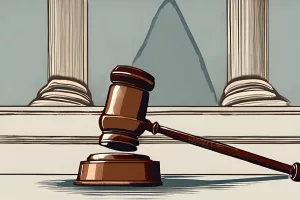John Hlophe is a controversial figure in South Africa, known for his troubled history as a judge. He tried to sway decisions in favor of former President Jacob Zuma during corruption cases, raising serious questions about fairness in the justice system. Recently, a court barred him from participating in the Judicial Service Commission, which oversees judges, highlighting concerns about his influence on the judiciary. As South Africa navigates its democratic journey, Hlophe’s story serves as a reminder of the importance of integrity and accountability in law. The unfolding drama around him emphasizes that trust in the justice system is crucial for the nation’s future.
South African group AfriForum has taken legal action opposing the appointment of deposed judge John Hlophe to the Judicial Service Commission (JSC), arguing that it breaches the National Assembly’s constitutional duty and risks the judiciary’s reputation and independence. Hlophe was found guilty of serious judicial misconduct in 2021 and dismissed by President Cyril Ramaphosa. AfriForum’s CEO Kallie Kriel stated that it was “inconceivable” that someone previously regarded as unfit to serve as a judge could evaluate the morals and competence of prospective judges.
In a historic decision, Judges John Hlophe and Nkola Motata were dismissed from their judicial roles in South Africa due to gross misconduct. The decision was made by the National Assembly following the Judicial Service Commission’s findings. The dismissal showcases South Africa’s commitment to upholding justice and highlights the accountability mechanisms within the country’s judiciary. The process leading to the decision was lengthy and involved various bodies, demonstrating the regulation and rule of law in the country.



